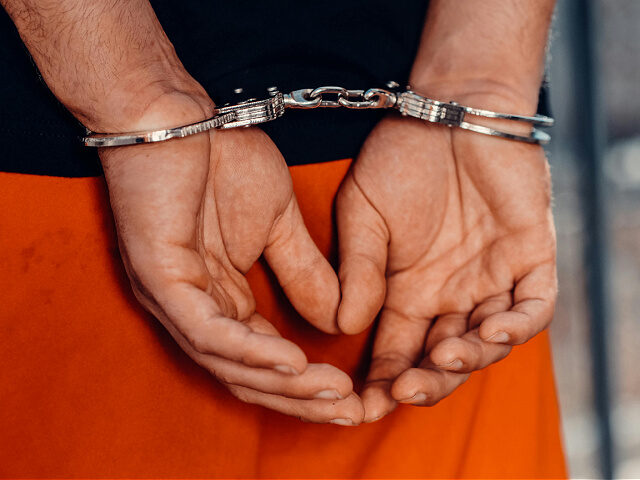The federal government’s coordinated effort to combat urban crime is yielding significant results, with thousands of arrests and hundreds of illegal weapons seized across multiple American cities.
Recent data from the Justice Department reveals that law enforcement operations in Washington, D.C. have resulted in 3,837 arrests and the confiscation of 361 illegal firearms. Meanwhile, a similar initiative in Memphis has produced 273 arrests and 73 seized weapons in just under a week’s time.
These numbers tell a story as clear as a Texas sunrise – when federal and local authorities work together with clear purpose and direction, they can make substantial progress against urban crime.
The success in Washington, D.C. came after President Trump federalized the city’s police department, a move that initially faced resistance from local leadership. Despite early skepticism from Mayor Muriel Bowser, the capital has seen a marked decrease in its crime rate since the federal intervention began.
Building on that momentum, the administration established the “Memphis Safe Task Force,” modeled after the successful D.C. initiative. This comprehensive approach brings together multiple federal agencies, including the Department of the Treasury and the Drug Enforcement Agency, to address both violent and non-violent crime.
“It’s very important because of the crime that’s going on, not only in Memphis, in many cities,” President Trump stated. “We’re going to take care of all of them step by step, just like we did in DC.”
The Memphis initiative has garnered support from local business owners who see the federal presence as a welcome reinforcement for local law enforcement. One Memphis merchant noted that the additional resources would help combat routine crimes like shoplifting that impact local businesses.
Defense Secretary Pete Hegseth has been authorized to coordinate with Tennessee Governor Bill Lee to deploy National Guard units, with the possibility of additional support from other states. Local Republicans welcomed the National Guard’s arrival with American flags and shows of support.
The administration’s urban crime initiatives continue to face pushback in some quarters, particularly regarding similar proposals for Chicago. Critics dispute the characterization of these cities as crisis zones, even as statistics show more than 32,000 shooting victims in Chicago over the past decade.
As these programs continue to unfold, the numbers paint a compelling picture – one of federal intervention making measurable differences in urban safety. Like a determined ranch hand mending fences, the administration appears committed to addressing these challenges one city at a time, with results that are increasingly difficult to dispute.


